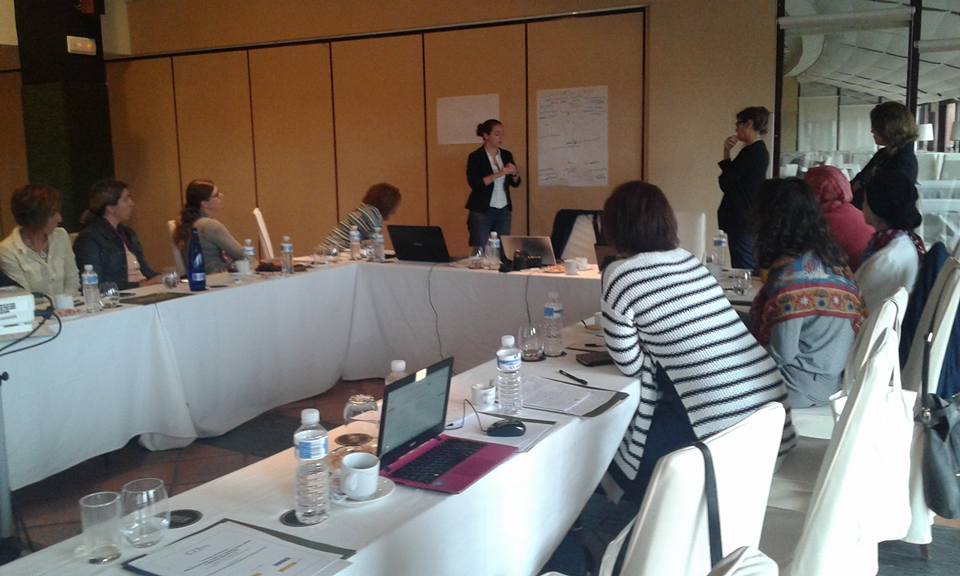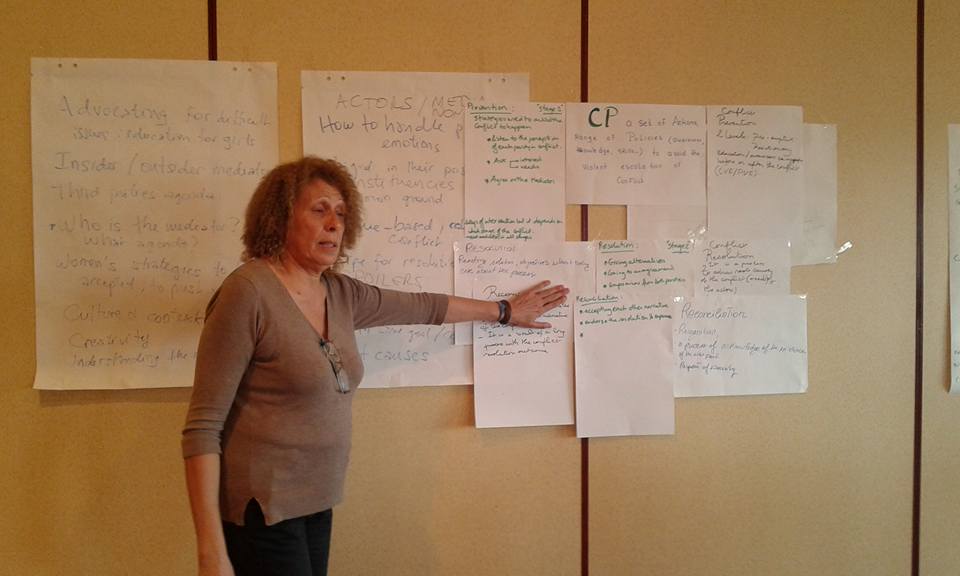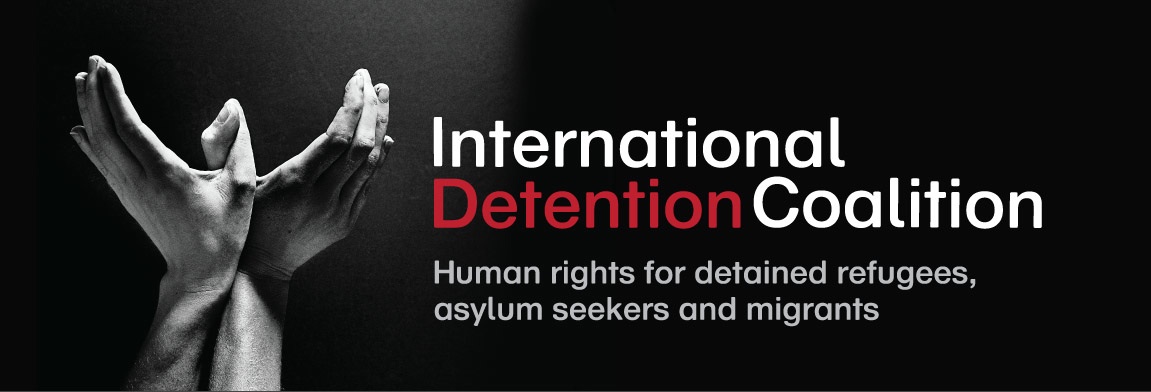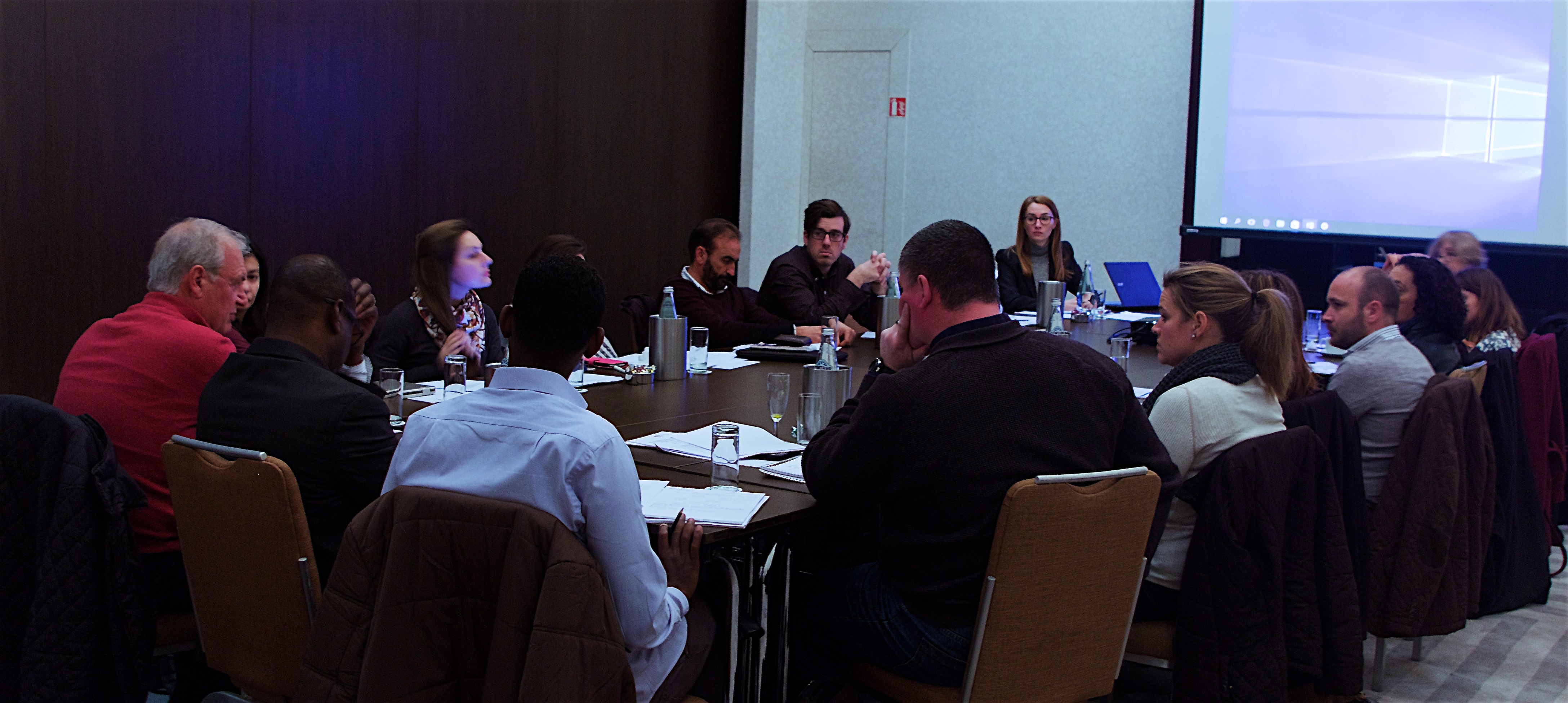 From 23th to 27th October 2016, the Toledo International Centre for Peace (CITpax) and the Organization for Security and Cooperation in Europe (OSCE) with the support of the Spanish Ministry of Defence and Spanish Ministry of Foreign Affairs and Cooperation, organised the Training workshop Mediation and conflict resolution from a gender perceptive, addressed to women from civil society with a capacity to reach out to decision-makers.
From 23th to 27th October 2016, the Toledo International Centre for Peace (CITpax) and the Organization for Security and Cooperation in Europe (OSCE) with the support of the Spanish Ministry of Defence and Spanish Ministry of Foreign Affairs and Cooperation, organised the Training workshop Mediation and conflict resolution from a gender perceptive, addressed to women from civil society with a capacity to reach out to decision-makers.
Antonella, our Programmes Officer, flew to Spain, to Toledo, a city that has been known as a city of tolerance or the City of Three Cultures, with the coexistence of Jews, Muslims and Christians.
The seminar promoted women’s capacities in mediation and conflict resolution, it brought together and involved the participation of 12 women from the following countries: Spain, Tunisia, France, Greece, Egypt, Italy, Jordan, Libya, Egypt, Israel, Lebanon, and Bosnia Herzegovina.
Besides the overall objective of familiarising women with the techniques and main tools in the field of mediation, the course aimed at sensitising the trainees to the need of active participation in conflict management, both open and latent; strengthen the processes of social dialogues and the civil participation of women.
In our discussions, we shared experiences and good practices, we raised critical points and we explored how the cultural diversity and expansion of mediation practice and the identifying cultural sensitivity of gender stereotype, are focusing the mediation process on the gender power.
The theoretical sessions, the group exercises and the games held during the seminar, demonstrated there is a sense in which human actions are gendered, especially in mediation practice. The trainers suggested ways and means gender difference can be deconstructed in the social space and bring strength to men and women in times of weakness.
The four-day workshop was facilitated by Fadhila Mammar, Adviser of CITpax and Cynthia Petrigh, international expert in humanitarian negotiation and dissemination of humanitarian norms, with more than 20 years’ experience of intervention in conflict and post-conflict situations.
Many issues are still on the table: Where, why and to what extent does feminism interact with security state, how feminist theories can excavate the deep connections between the indigenous dispossession and heteropatriarchy, and the patriarchal structure of all religious authority. The follow up of the training will be the creation of a network of women across borders.




